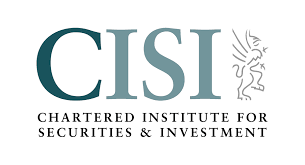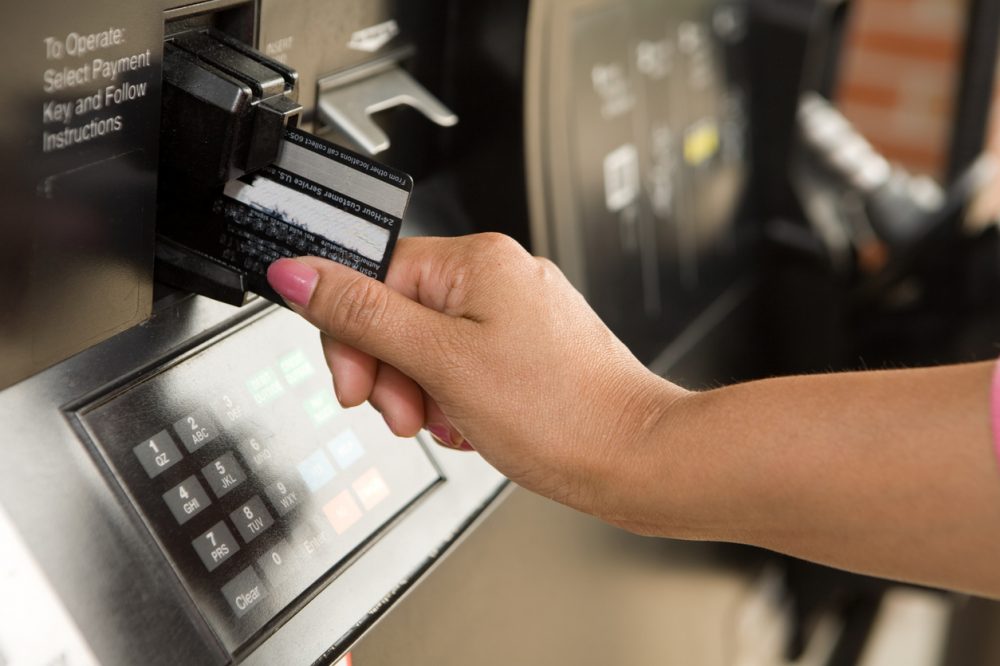I bought my kids dinner — and saw firsthand how overdraft fees punish the poor
Like many people who are or have ever been poor, I have plenty of stories about the costly and embarrassing ramifications of overdraft fees.
Fintech and vulnerability
Fintech is having an enormous impact on the financial affairs of some of the most vulnerable in society.
Consumers Balance Saving, Spending, and Earning in Uncertain Recovery: A Conversation With SaverLife
Helen Robb interviewed Tim Lucas of SaverLife about how consumers are balancing spending, savings, and earnings in the wake of the final stimulus payment.
FinHealth Goes Global
The handful of promising financial health efforts outside the U.S. have been isolated, lacking a centralized forum, practices, and priorities – until now.
2021 Finovate Award Winners Unveiled
Today we’re busting out the virtual confetti to announce the winners of the 2021 Finovate Awards, recognizing excellence in fintech across 25 different categories. This is the third annual Finovate Awards competition, which aims to highlight strong work done by the companies who are driving fintech innovation forward and the individuals who are bringing new ideas to life.
Amid Resurgence of Interest in Overdraft, New Data Reveal How Inequitable It Can Be
Our team executed a deep dive into FinHealth Spend Report data from late 2020 to learn how customers are using overdraft today amidst the pandemic. The results offer fresh answers to some of the key questions regarding overdraft usage.
Designing for Whom? Lessons from a Coordinated Relief Effort to Reach Student Loan Borrowers Most in Need
In this article, we explore how FSL supported two interventions to identify and reach the most vulnerable student loan borrowers during the height of the pandemic.
New Financial Health Toolkit Helps Employers Improve Workforce Financial Health
New all-in-one guide gives HR leaders the power to diagnose needs and identify solutions, plus design engagement and measure impact of their financial health programs
FinHealth Spend Report Reveals Opportunities for Fintechs and Other Financial Health Stakeholders
The high spending on interest and fees revealed in the FinHealth Spend Report highlights the importance of connecting more consumers with affordable products and services. A clear market need exists for financial health-enabling products and services, and FSL is proud to work with fintechs addressing that need.
Queer Financial Health: Checking the Pulse During the Pandemic
Our findings showed that LGBTQ+ people in America were less financially healthy, more stressed about their finances, and more likely to have experienced food, housing, and healthcare insecurity when compared to their non-LGBTQ+ peers.
Is the “Great Resignation” Really a Great Re-prioritization?
What we are seeing emerge in the labor market now is a competition for workers that feels fundamentally different. Those employers who don’t level up or those that pursue a return to a pre-pandemic mode of operation may find themselves on the losing side in the long run.
The Case for Diversity in Innovation
Fintech plays an important role in helping to democratize access to finance, making it imperative that more fintech solutions target the underserved and those who are not financially healthy.











